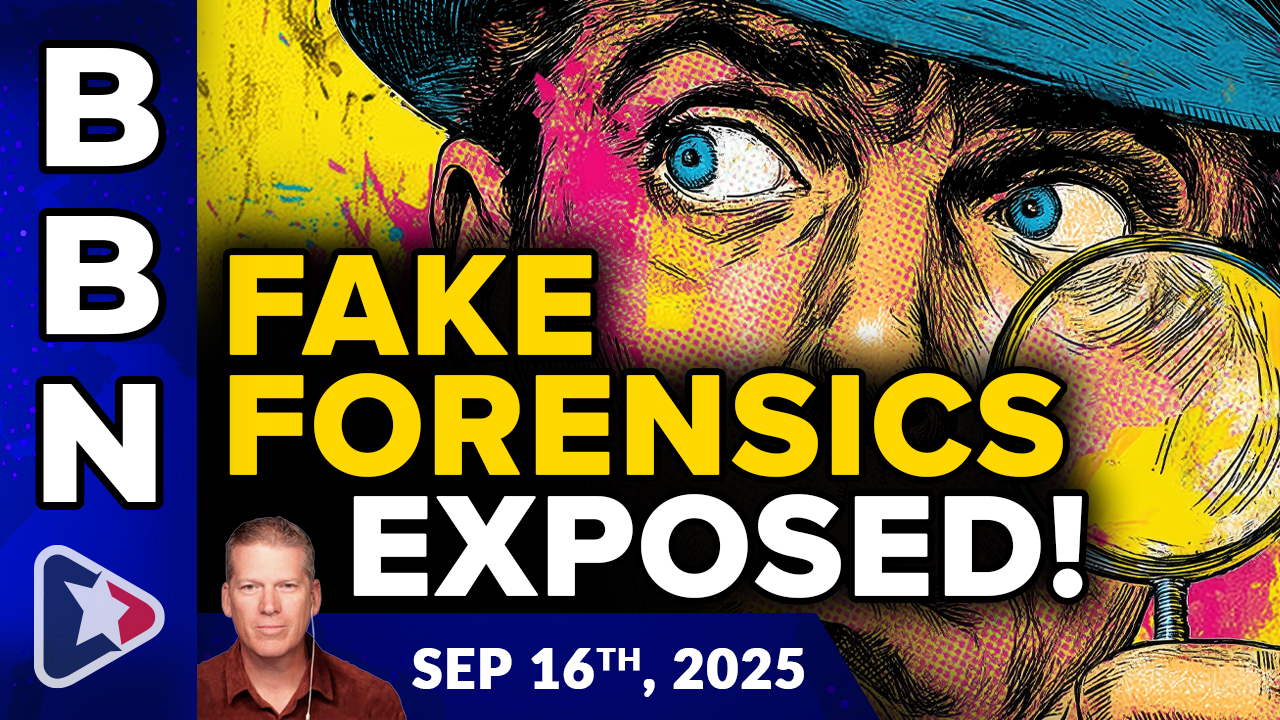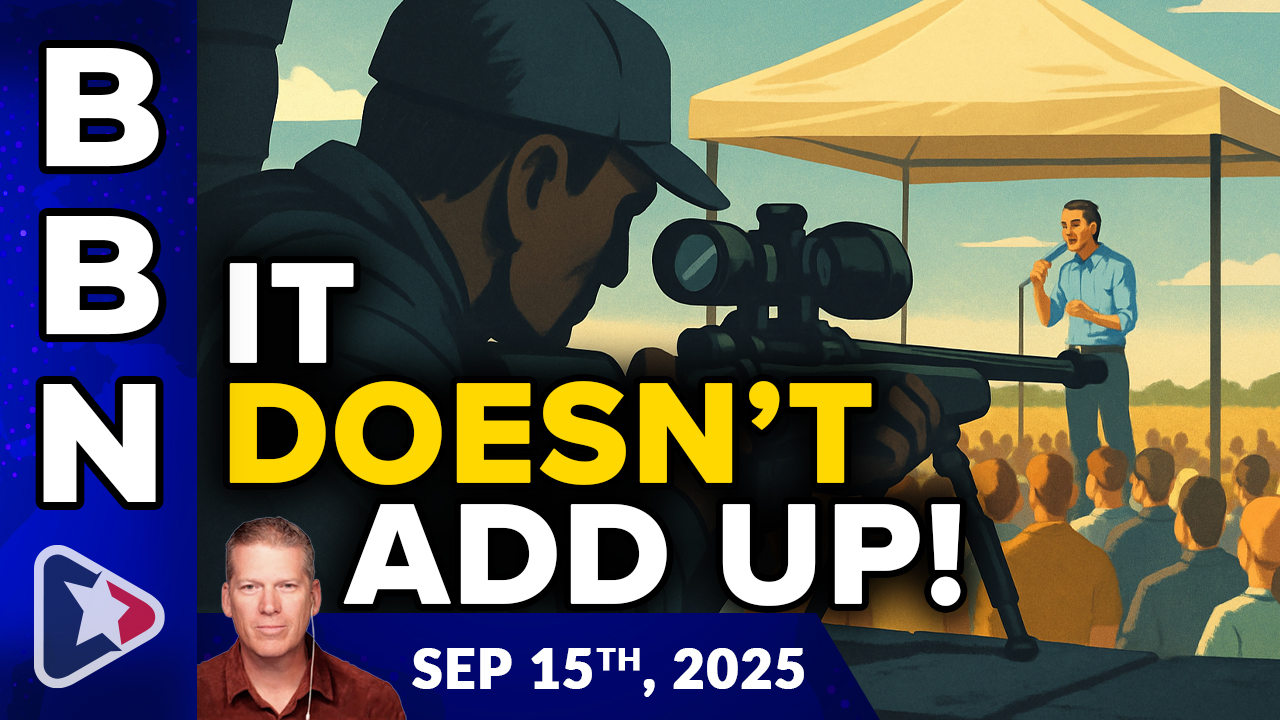Are you CAUGHT UP in a TOXIC RELATIONSHIP? You may be and not even realize it, so here are some ways to recognize it and heal, naturally
09/13/2025 / By S.D. Wells

Toxic relationships rarely begin with explosive fights or blatant manipulation. Instead, they tend to unfold in small, almost invisible ways. Clinical psychologist Perpetua Neo, DClinPsy, explains that the earliest warning signs are often “tiny stuff that on the surface, when you look at them individually, they just seem so petty.” They may appear harmless in isolation but, when combined, can gradually leave you feeling drained, controlled, or disconnected from yourself.
- Gaslighting through sensitivity shaming: When someone dismisses your valid feelings by saying, “You’re so sensitive,” it can make you question your own reality and slowly lose trust in yourself.
- Power imbalance disguised as wisdom: If a partner or friend repeatedly positions themselves as older, smarter, or more experienced, they may subtly erode your confidence and make you feel dependent on them.
- Competitive suffering (covert narcissism): Someone who constantly emphasizes that their pain is greater or more special than yours can create a dynamic where your needs and struggles feel minimized.
- Isolation through relationship sabotage: If they discourage or manipulate you away from friends or family, especially when you’re vulnerable, it’s a sign they may be trying to become your only trusted source of support.
Top 4 Subtle Signs You May Be in a Toxic Relationship, From a Psychologist
Four subtle yet powerful signs to watch for.
- “You’re so sensitive.”
This phrase is a classic example of gaslighting—a manipulation tactic designed to make you question your own perception and emotional responses. When you call out bad, rude, or disrespectful behavior, a toxic partner may dismiss your concerns by suggesting you’re overreacting. Over time, this can cause you to second-guess your instincts, rationalize poor treatment, or even conclude that you are at fault. As Neo notes, this steady erosion of self-trust can leave you unsure of who you are and what you believe. - “I’m more experienced than you,” or “I’m older than you.”
Another subtle danger emerges when someone consistently positions themselves as smarter, wiser, or more worldly—implicitly demanding greater respect or obedience. By framing themselves as the “savior” in the relationship, they gradually undermine your confidence and independence. Eventually, you may begin to feel as if you need them for validation or decision-making, further losing touch with your autonomy. - “I’m suffering more than you.”
While empathy for a loved one’s pain is natural, a toxic partner may weaponize suffering, turning it into a competition. According to Neo, this reflects a form of covert narcissism, where the person becomes addicted to trauma and insists their pain is more unique, significant, or deserving of attention than yours. This dynamic can pressure you into minimizing your own needs, constantly shifting focus to their crises, and reinforcing an unhealthy imbalance of emotional care. - “I don’t like this person.”
Not every relationship has to harmonize with friends or family, but trouble arises when someone uses personal dislikes to isolate you. Neo warns that toxic individuals often try to steer you away from supportive connections so they can become your sole source of emotional support and influence. They may voice these opinions when you’re tired, distracted, or vulnerable—times when you’re less likely to question their motives. Over time, this tactic narrows your social world, leaving you more dependent on them.
The Takeaway
These signals may seem trivial at first, but together they test how much poor treatment you’re willing to accept. Toxic behavior often develops gradually, with boundaries crossed in small increments. Recognizing these early patterns is crucial. It doesn’t mean that someone who says one of these phrases is automatically harmful, but it’s worth paying attention. Your feelings are valid, and a healthy partner or friend should honor them, not dismiss or control them. Trusting your instincts—and staying true to yourself—is the first step in protecting your emotional well-being.
Tune your internet dial to NaturalMedicine.news for more tips on how to use natural remedies for preventative medicine and for healing, instead of succumbing to Big Pharma products that cause, spread, and exacerbate disease and disorder.
Sources for this article include:
Submit a correction >>
Tagged Under:
abuse, bipolar, domestic violence, relationships, sensitive, toxic relationships, verbal abuse
This article may contain statements that reflect the opinion of the author
RECENT NEWS & ARTICLES
COPYRIGHT © 2017 VIOLENCE NEWS





















